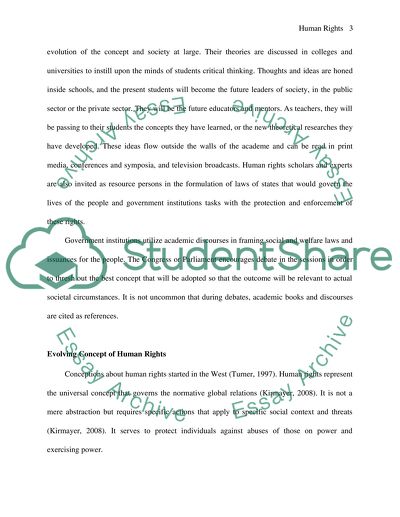Cite this document
(“Human Rights and Processes of Change (cultural) Book Report/Review”, n.d.)
Retrieved from https://studentshare.org/family-consumer-science/1417655-human-rights-and-processes-of-change-cultural
Retrieved from https://studentshare.org/family-consumer-science/1417655-human-rights-and-processes-of-change-cultural
(Human Rights and Processes of Change (cultural) Book Report/Review)
https://studentshare.org/family-consumer-science/1417655-human-rights-and-processes-of-change-cultural.
https://studentshare.org/family-consumer-science/1417655-human-rights-and-processes-of-change-cultural.
“Human Rights and Processes of Change (cultural) Book Report/Review”, n.d. https://studentshare.org/family-consumer-science/1417655-human-rights-and-processes-of-change-cultural.


